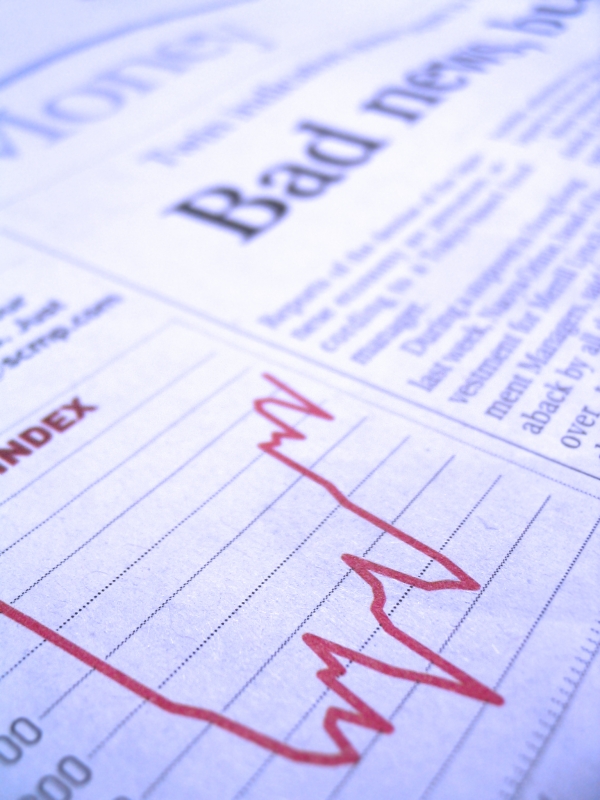Consider this economic forecast:
- The economy is resistant to recession and financial shocks.
- Global stability has boosted investment and the U.S. military budget has shrunk as a share of the Gross National Product (GNP)
- The global move to market-oriented policies has created vigorous growth and demand for U.S. exports has soared.
Now consider this scenario:
- Budgetary constraints mean that resources aren’t available to cope with the problems of a decaying infrastructure, inadequate educational system, and strained eco-system.
- Productivity has been rising at a meager 1 percent per year and living standards are stagnating.
- Growth in national income is hobbled.
The second scenario is much closer our experience in the 21st Century, but both of these wildly different forecasts were made in a Business Week article on “The New America” … in 1989.
In its “Economic Prospects for the Year 2000,” the writers saw a glass half-empty and chose to see it as mostly full. They assumed that:
- Retiring baby boomers would lead to an investment of new technology to make them more productive.
- Corporate managers would adopt the European and Japanese strategy of focusing on market share before profitability.
- Corporate managers would use technology as a tool to increase output not as a way reduce headcount.
- Global financial markets would “act as a world cop” to restrain any government that got too far out of line with its economic policies. After all, government would be viewed as the “wayward child” that must be kept in line by the force of free markets.
- The private sector would step up to the task of solving societal problems because the government would be burdened by deficits – which in 1989 were an unthinkable $600 billion.
In hindsight, Business Week got it completely wrong.
The problem wasn’t their misreading of the trends; impossibility of their vision; or even a failure to recognize the pitfalls that could derail the future they envisioned. The writers said as much. They knew that the belief that something should happen doesn’t mean that it will happen.
They failed to anticipate the unintended consequences of the actions that were taken. They never considered, for instance, that the government would become so accommodating that they abdicated their responsibility to influence the markets. They never imagined that the financial markets would run amok with their new found freedom and power.
In short, they didn’t recognize that not everyone shares our values and the importance of those differences in how the world works. They never dreamed of a world where technological advancements were used as weapons of destruction rather than tools for growth. And, they never conceived of a time when leaders would act in their own immediate interests to their long-term detriment and the detriment of everyone.
The world painted in the 1989 article would have been a great place. The vision that they articulated was completely possible.
We missed the opportunity. We lacked the rigor in our thinking and failed to consider all the possible implications of our choices. We lacked the discipline to execute toward the vision. And, we lacked the courage to confront reality and put long-term success ahead of short-term reward.
What opportunities have you missed? Most important, what are you going to do to make sure that you don’t repeat your mistakes?





